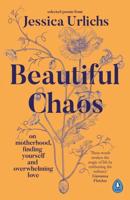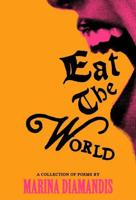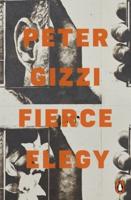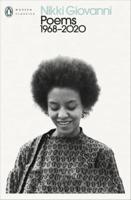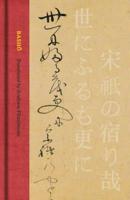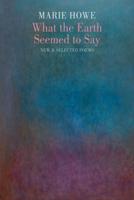Publisher's Synopsis
The organizing criterion of this volume is not biographical; the focus will not be on Byron "the man," not even on Byron "the artist," but rather on Byron the commentator. He was definitely more interested in saying his piece, in talking about his age, and, in passing, about himself. Byron was a liberal, anti-colonial aristocrat with some republican tendencies, deeply interested in the revolutionary national movements of the early 19th century. He was a Romantic poet with a major satirical vein, much attached to the 18th-century tradition of Pope, Swift, Fielding, Goldsmith, and Sheridan. The reader of this volume will not be able to grasp the development of Byron's poetical output and she will miss much of the force (but, for today's reader, also the tedium) of his long epic poems. Hopefully, however, she will find everything that was important to Byron: Italy and Greece, exile and melancholy, the intricacies of love, the fight for liberty, social criticism and moral criticism, the criticism of hypocrisy and of moral correctness (the "cant" as he called it), his willingness to defend the undefended.

